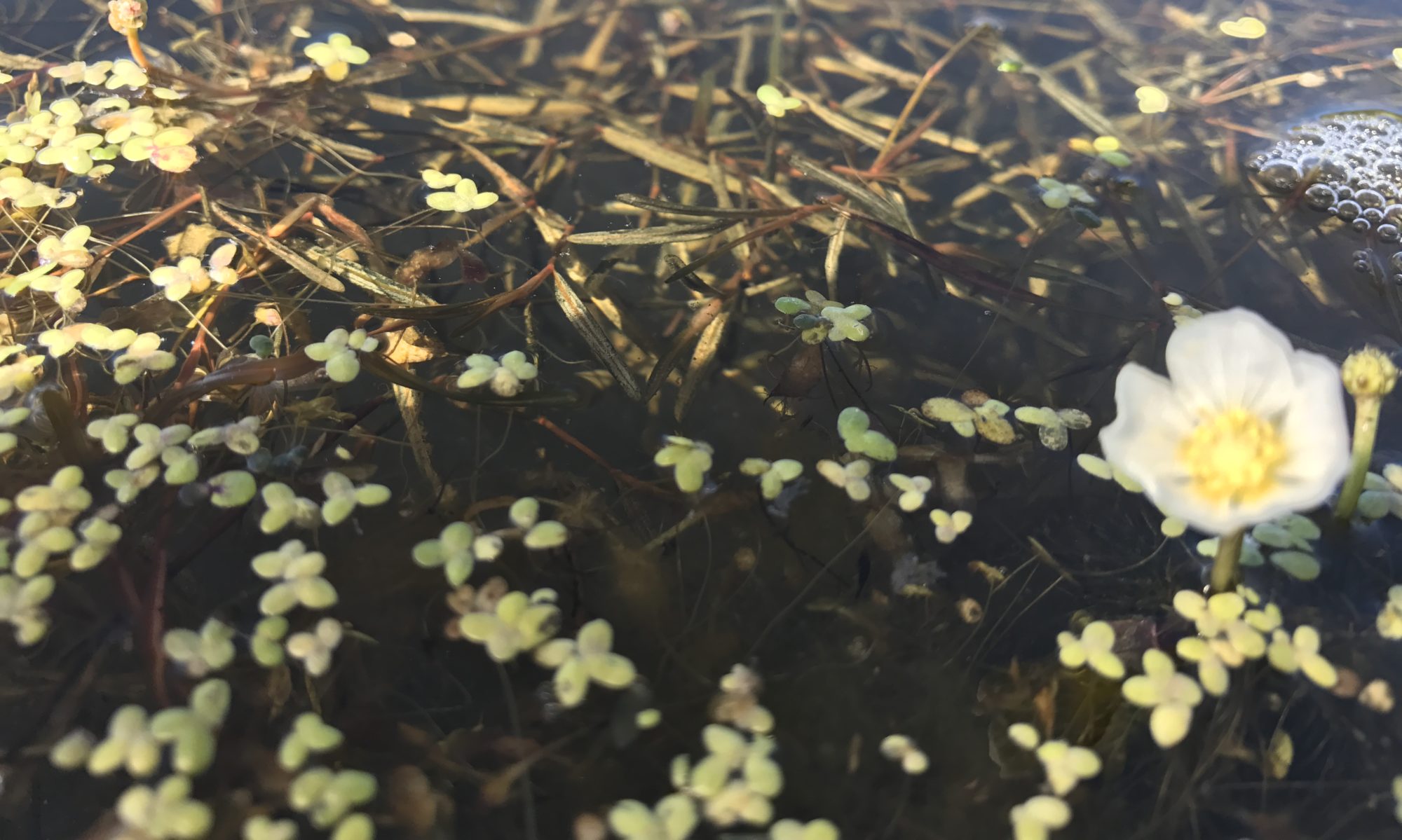Understanding the impacts of emerging contaminants on freshwater ecosystems
Our lab is interested in understanding how stressors including anthropogenic inputs can impact aquatic ecosystems. Previous work in the lab has examined potential impacts of pesticides, including neonicotinoid insecticides on insect emergence (e.g. Williams & Sweetman, 2019, 2018, and glyphosate (Cornish et al 2024; Cornish and Sweetman, 2023), as well as recent work on microplastics (Bussaraukum et al. 2024). Recently we have been examining the fate, distribution and impacts of tebufenozide, an insecticide used to control forest pest outbreaks, including spongy moth in Pennsylvania.
Evaluating the spatial and temporal variability of microplastics in freshwater stream macroinvertebrates (funding: PA Water Resources Centre, USGS)
Microplastic pollution is becoming an increasing concern globally, and microplastics are increasingly being reported to occur in freshwater environments, including Pennsylvania streams. Despite this recognition of their prevalence, there is still limited understanding of the fate and potential impacts of microplastics on aquatic life. Macroinvertebrates are a critical component of freshwater streams, occupying an intermediate position in the trophic web, and are the key organisms used in freshwater biomonitoring. we are examining if there are differences in microplastic concentrations that vary seasonally, spatially or between abundant macroinvertebrate taxa in the Spruce Creek watershed, Central Pennsylvania.


Assessing the feasibility of assisted macroinvertebrate colonization in achieving ecological uplift in restored streams (Funding: Chesapeake Bay Trust)
As the vast majority of US waterways are biologically impaired, stream restoration projects have been viewed as an important mitigation method that can restore biodiversity in degraded streams. However, these projects are commonly unsuccessful in producing the desired ecological uplift, which is commonly assessed using benthic macroinvertebrate data. If the cause is a lack of colonizing species that are unable to naturally arrive at the restored stream, one compelling hypothesis is that assisted macroinvertebrate colonization could produce the increases in biodiversity that are desired after stream restorations. This research, in collaboration with Dr. Dan Allen and Dr. Bob Hilderbrand will assess the potential of transplanting macroinvertbrates from high quality donor sites into restored stream sites to improve restoration success.


Examining the impacts of spongy moth (Lymantria dispar dispar) outbreaks on forest vernal pond ecosystems (Funding: USDA, NIFA – McIntire-Stennis)
Spongy Moth are an insect species invasive to North America and are one of the most destructive forest pests in the eastern United States. Outbreaks of spongy moths can result in extensive defoliation and cost billions of dollars annually. While it is well recognized that infestations can have large ecological impacts on forest trees and the surrounding wildlife species that are reliant on forests, a potential overlooked, but critical habitat that spongy moths may also have a significant impact on are vernal forest pools. Vernal pools are small, shallow, seasonal waterbodies that are critically important for many amphibian and invertebrate species and provide important ecological services, including groundwater recharge and buffering against floods. The goal of this proposal is to improve our understanding of how past spongy moth outbreaks may have impacted vernal pool ecosystems.

